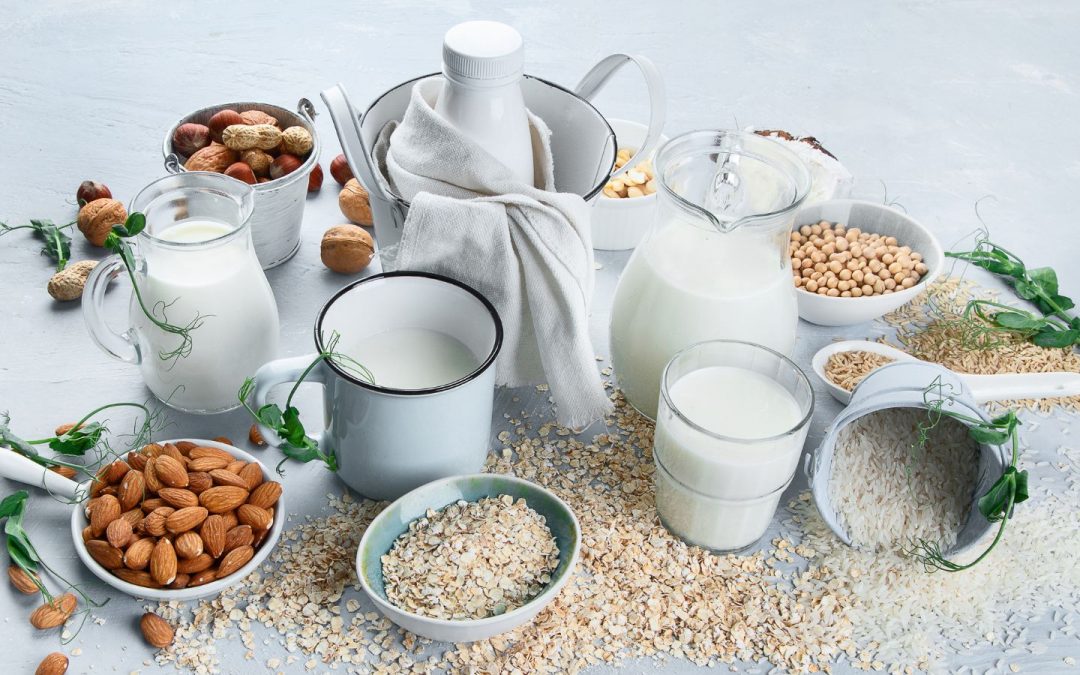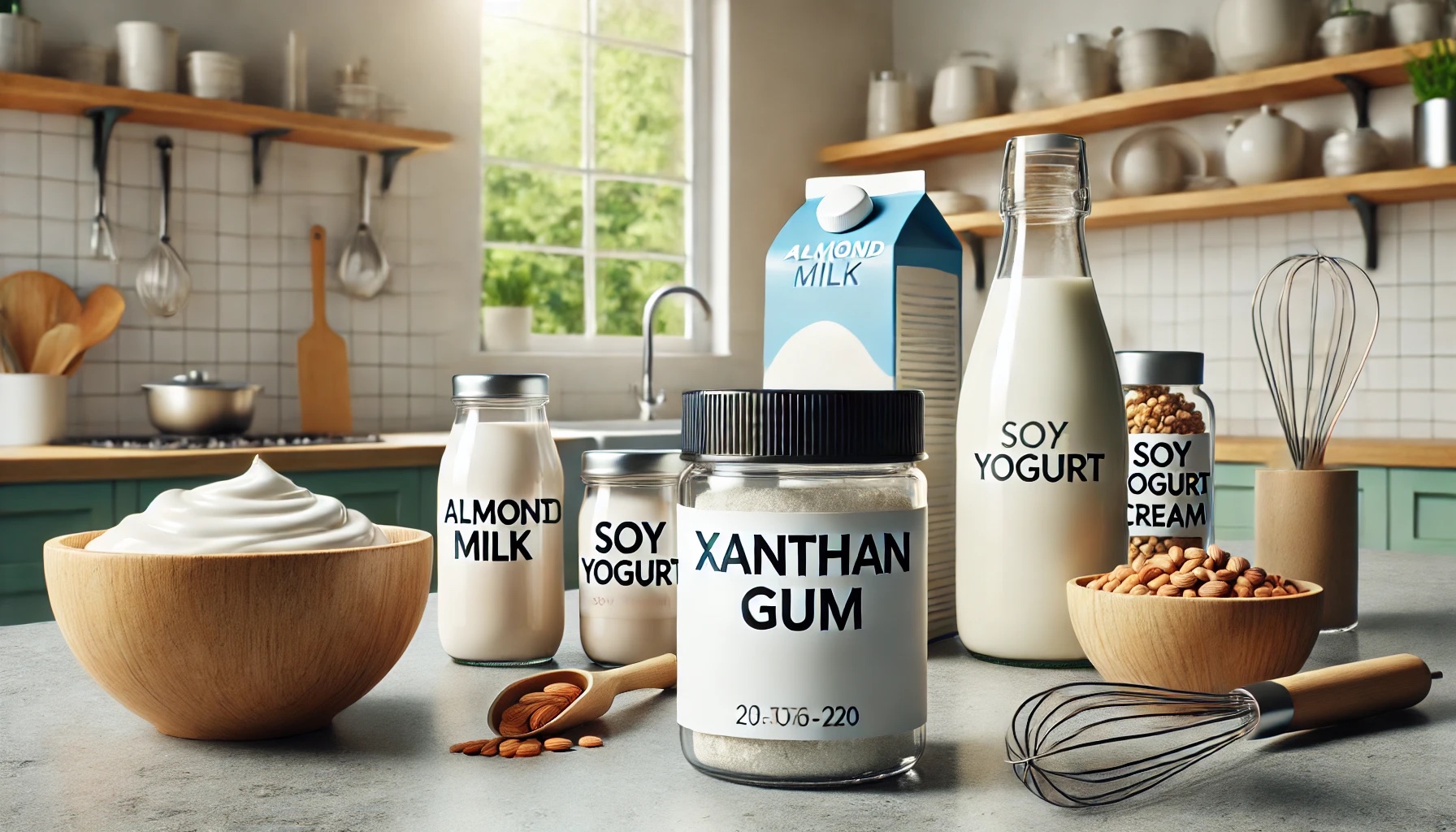In the food industry, the quest to extend shelf life without compromising quality, safety, or consumer health has led to a growing interest in natural preservatives.
These ingredients offer an effective alternative to synthetic additives, aligning with the increasing consumer demand for clean-label products.
This blog explores various natural preservatives, their benefits, and applications in extending shelf life.
What are Natural Preservatives?
These are substances derived from natural sources such as plants, animals, and minerals, used to inhibit the growth of bacteria, fungi, and other microorganisms that cause spoilage.
Unlike synthetic preservatives, natural alternatives are often perceived as safer and healthier, making them a popular choice in today’s health-conscious market.
Common Types of Natural Preservatives
1. Salt
Salt has been used for centuries as a preservative.
It works by drawing moisture out of food, creating an environment inhospitable to microbial growth. Salt is widely used in preserving meats, fish, and various canned foods.
2. Vinegar
Vinegar, rich in acetic acid, is another age-old preservative.
It inhibits bacterial growth and is commonly used in pickling vegetables, condiments, and sauces.
Vinegar also adds a distinctive tangy flavor, enhancing the taste profile of preserved foods.
3. Sugar
Sugar preserves food by creating an environment with low water activity, which inhibits microbial growth.
It is commonly used in the production of jams, jellies, and syrups.
4. Rosemary Extract
Rosemary extract is a powerful antioxidant that helps prevent rancidity in fats and oils.
It is widely used in meat products, snacks, and bakery items to extend shelf life while maintaining flavor and nutritional value.
5. Citric Acid
Citric acid, found naturally in citrus fruits, is an effective preservative and flavor enhancer.
It is used to prevent spoilage and maintain the color and texture of fruits, beverages, and canned goods.
Benefits of Natural Preservatives
1. Health and Safety
Natural preservatives are generally regarded as safe (GRAS) by food safety authorities.
They are less likely to cause adverse health effects compared to synthetic preservatives, which have been linked to allergies, asthma, and other health concerns.
2. Clean Label Appeal
Consumers are increasingly seeking products with clean labels – those with recognizable and minimal ingredients.
Natural preservatives meet this demand, helping manufacturers to market their products as healthier and more transparent.
3. Environmental Sustainability
Many natural preservatives are sourced from renewable resources and have a lower environmental impact than synthetic alternatives. This aligns with the growing trend towards sustainability in the food industry.
Applications of Natural Preservatives
1. Meat and Poultry
Natural preservatives like rosemary extract and vinegar are used in meat and poultry products to prevent spoilage and rancidity, ensuring safety and extending shelf life without affecting taste or texture.
2. Baked Goods
Citric acid and natural antioxidants are commonly used in baked goods to prevent mold growth and maintain freshness. These preservatives help in extending the shelf life of bread, cakes, and pastries.
3. Beverages
Natural preservatives such as citric acid and ascorbic acid (vitamin C) are used in beverages to maintain flavor, color, and nutritional value while preventing microbial growth.
4. Dairy Products
In dairy products, natural preservatives like nisin (a bacteriocin) are used to inhibit the growth of harmful bacteria, ensuring product safety and extending shelf life.
5. Snacks
Rosemary extract and other natural antioxidants are used in snacks to prevent oxidative rancidity in fats and oils, ensuring that products remain fresh and flavorful for longer periods.
Challenges and Future Prospects
While natural preservatives offer numerous benefits, they also present challenges.
For instance, they may have limitations in their antimicrobial spectrum, stability under different processing conditions, and potential interactions with other food ingredients.
However, ongoing research and advancements in food technology are addressing these challenges. Innovations in extraction methods, combination of multiple natural preservatives, and encapsulation techniques are enhancing the efficacy and applicability of natural preservatives.
Conclusion
Natural preservatives represent a promising solution for extending shelf life without compromising on health, safety, or product quality.
As consumer preferences continue to shift towards cleaner labels and more sustainable options, the use of natural preservatives is likely to grow.
By leveraging the benefits of these ingredients, food manufacturers can meet consumer demand while ensuring their products remain safe, fresh, and appealing.








